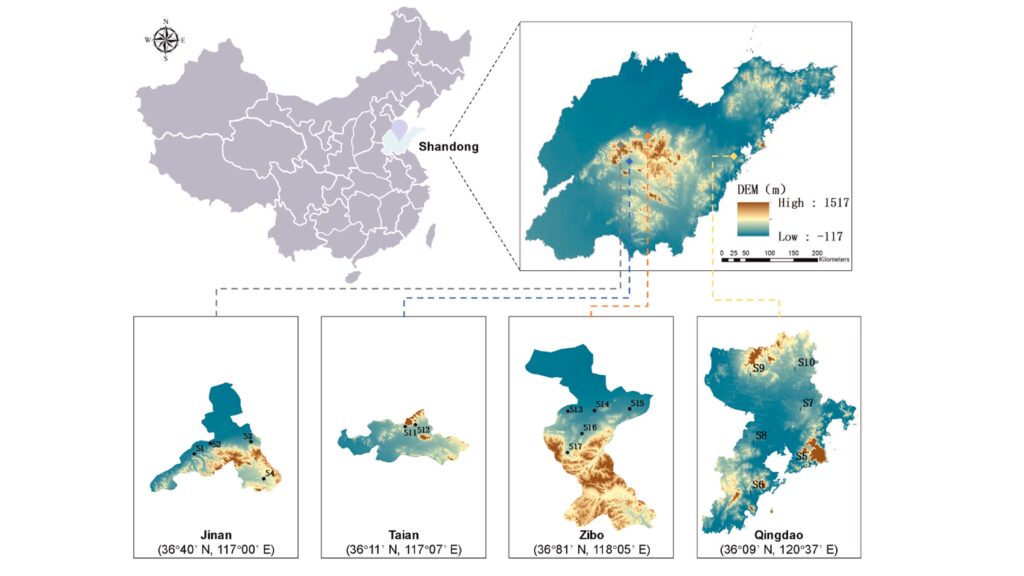
Featured in:
Expert Systems with Applications
Authors:
Qinghe Zheng, Xinyu Tian, Zhiguo Yu, Bo Jin, Nan Jiang, Yao Ding, Mingqiang Yang, Abdussalam Elhanashi, Sergio Saponara and Kidiyo Kpalma
Nowadays, air pollution has become one of the most serious environmental problems facing humanity and an inescapable obstacle limiting the sustainable development of cities and society. Although air quality sensing and management systems based on artificial intelligence and signal analysis are evolving as essential parts of intelligent cities, the mixture of local emission sources and regional transport of air pollutants still makes PM2.5 long-term prediction challenging, especially under complex geographical and climatic conditions. In this paper, the complete ensemble empirical mode decomposition based multi-stream informer (CEEMD-MsI) is proposed to predict the hourly PM2.5 concentration, and extensive testing and comparisons are carried out in four typical cities in Shandong, China. Firstly, CEEMD is used for signal pre-processing to construct the intrinsic mode functions (IMFs) based multi-channel representations. Then MsI is specifically designed to learn both temporal and spatial features, and complete the PM2.5 concentration prediction. To the best of our knowledge, this is the first attempt to predict long-term PM2.5 concentrations using a deep learning model driven by data collected from monitoring stations spanning long distances and diverse terrains. Finally, test results demonstrate that CEEMD-MsI achieves the best PM2.5 prediction performance by comparing it with state-of-the-art methods.


© 2024 VISTeam | Made by Black Monster Media

Institute of Systems and Robotics Department of Electrical and Computers Engineering University of Coimbra